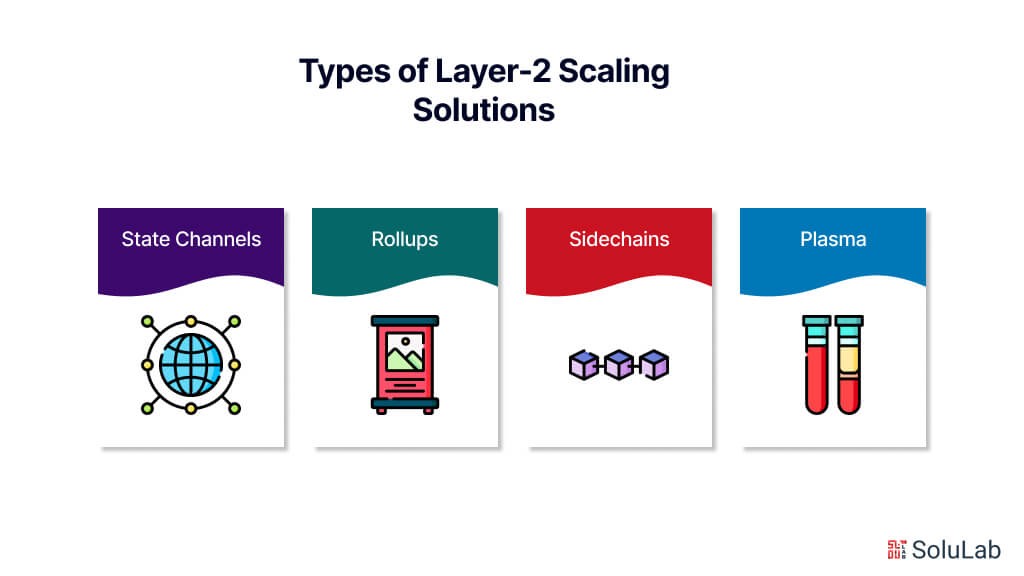
A new controversy has erupted in the blockchain world after Solana co-founder Anatoly Yakovenko boldly questioned the effectiveness of Layer 2 (L2) scaling solutions. In a recent social media post, Yakovenko defended Layer 1 (L1) blockchains like Solana, claiming they can deliver better performance without the added complexity of L2 architectures.
The debate centers on how best to scale blockchain networks to handle growing transaction volumes. While platforms like Ethereum have embraced L2 solutions that process transactions on secondary layers, Solana has focused on optimizing its base layer architecture.
Yakovenko specifically challenged claims that L2 platforms like EclipseFND offer advantages by combining Ethereum's security with Solana's virtual machine. He argued that L1 networks avoid the data availability constraints and security trade-offs that he believes burden L2 solutions.
This technical dispute has sparked intense discussion within the crypto community. Some developers maintain that L2s provide faster and cheaper transactions by avoiding the overhead costs associated with consensus mechanisms and staking rewards on L1 chains.
The ongoing debate reflects a fundamental challenge in blockchain development known as the "blockchain trilemma" - the difficulty of simultaneously achieving optimal scalability, security, and decentralization. As blockchain adoption grows, finding the right balance between these factors remains a central focus.
Industry veteran Vinny Lingham weighed in, expressing frustration that such basic scaling concepts still require explanation after nearly a decade. Meanwhile, Yakovenko maintains that Solana's L1 infrastructure can already handle transaction volumes needed for global adoption.
This latest exchange highlights how the blockchain industry continues to grapple with different approaches to scaling, reminiscent of previous debates like the Bitcoin block size wars. As the technology matures, the competition between L1 and L2 scaling strategies will likely shape blockchain's evolution.